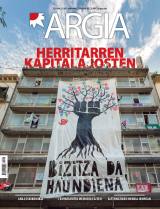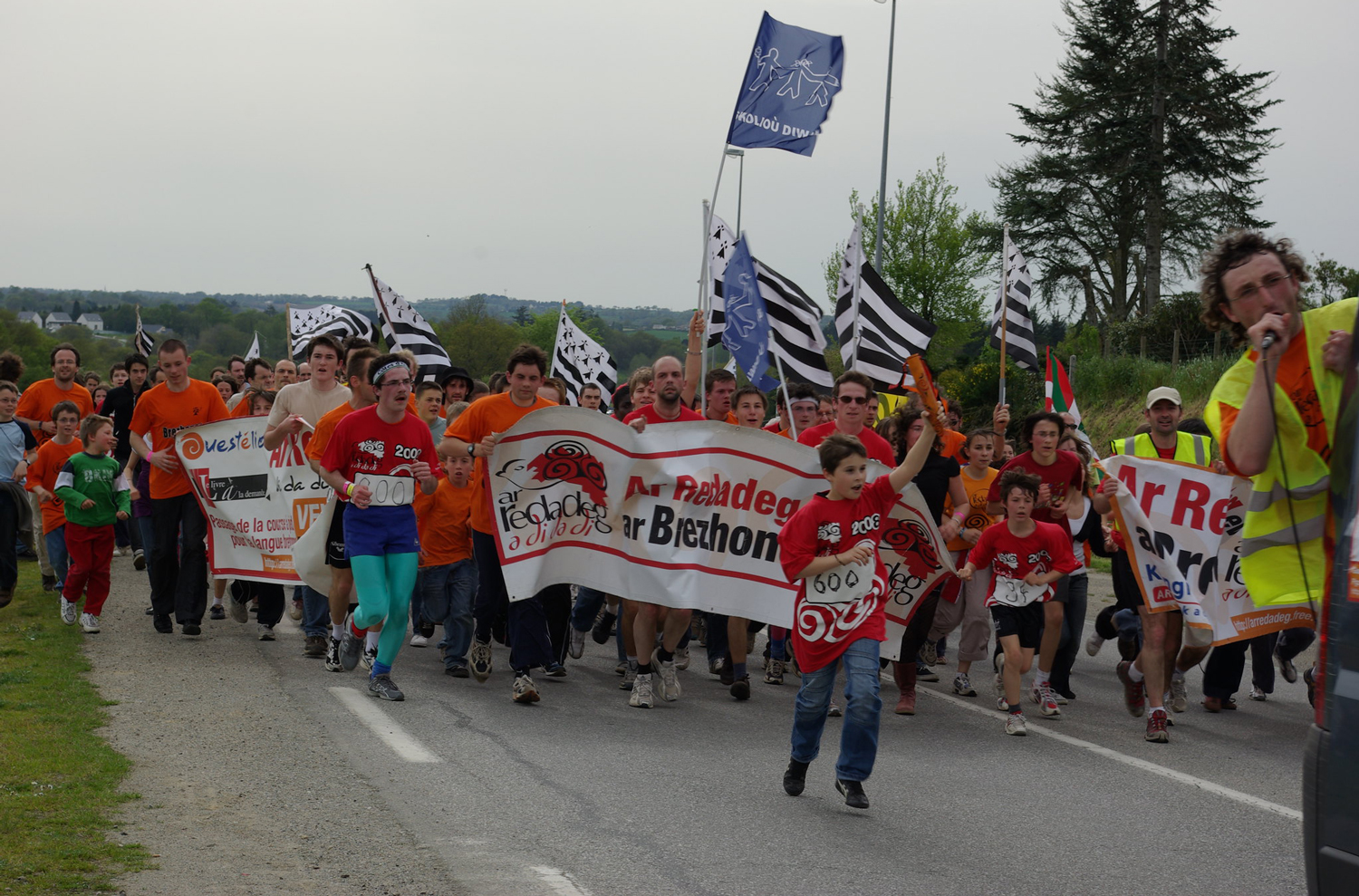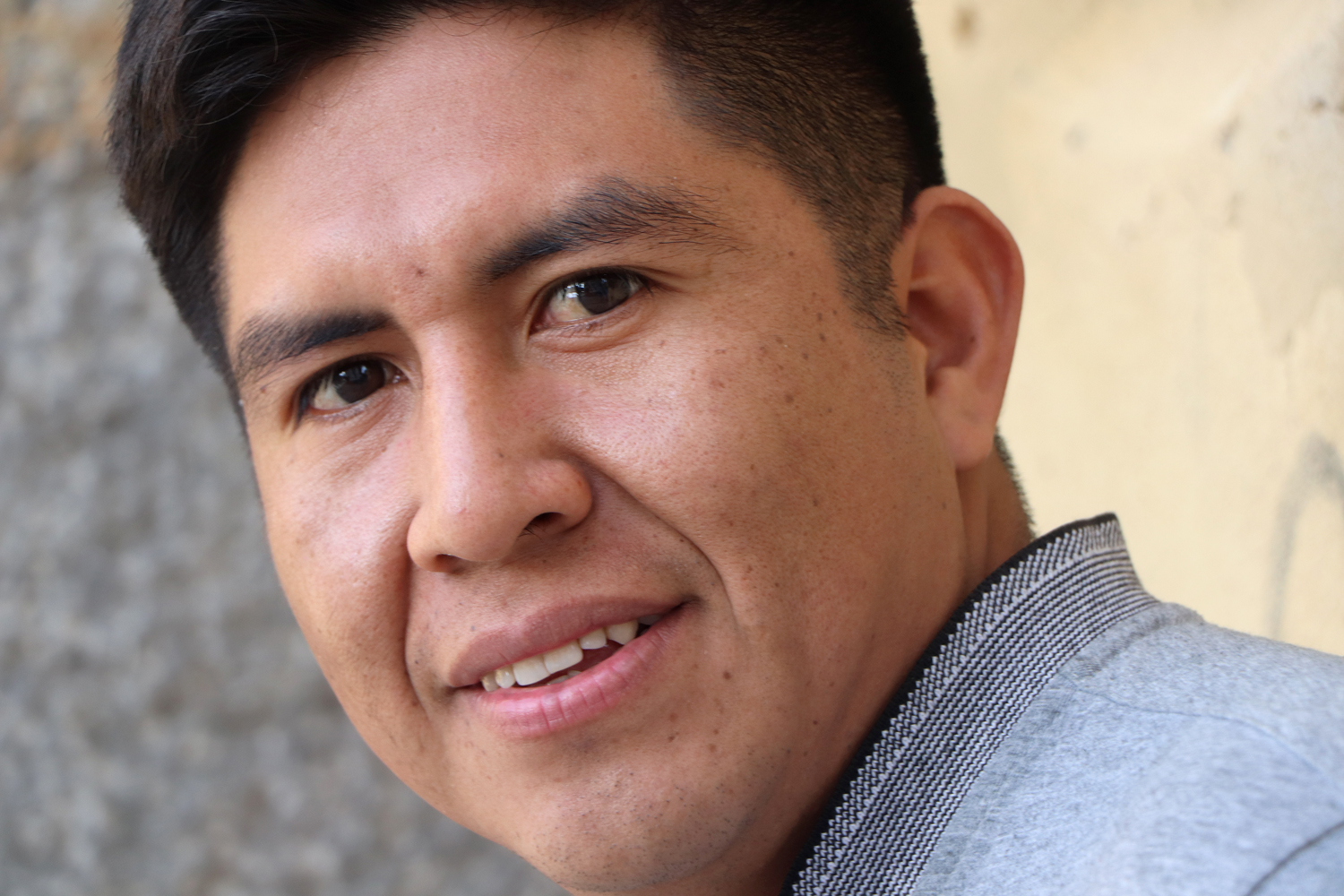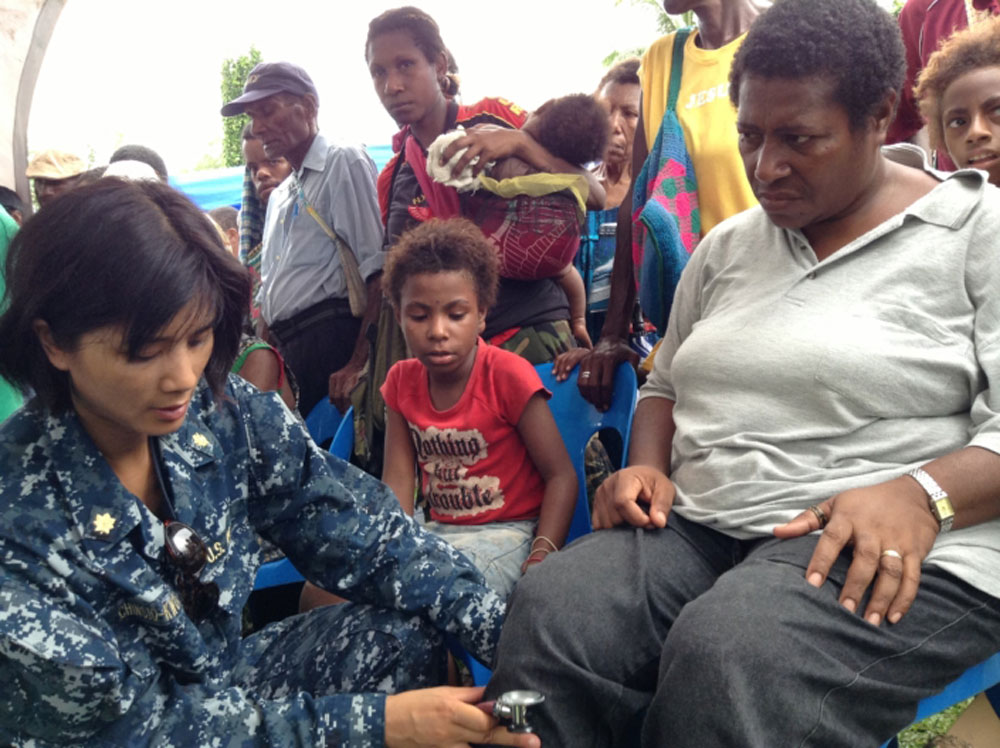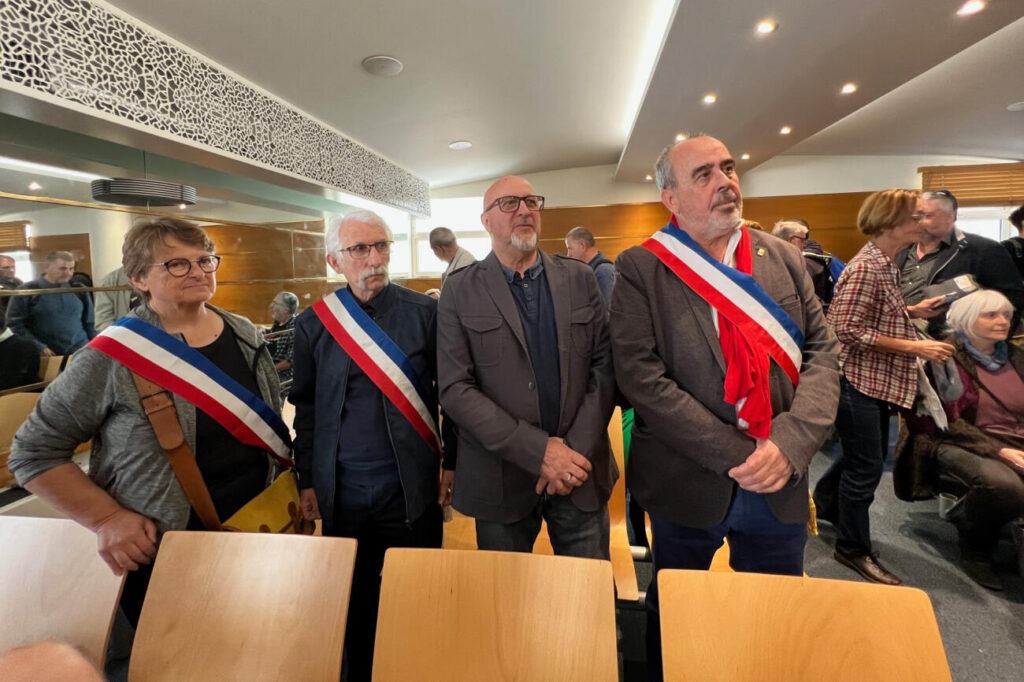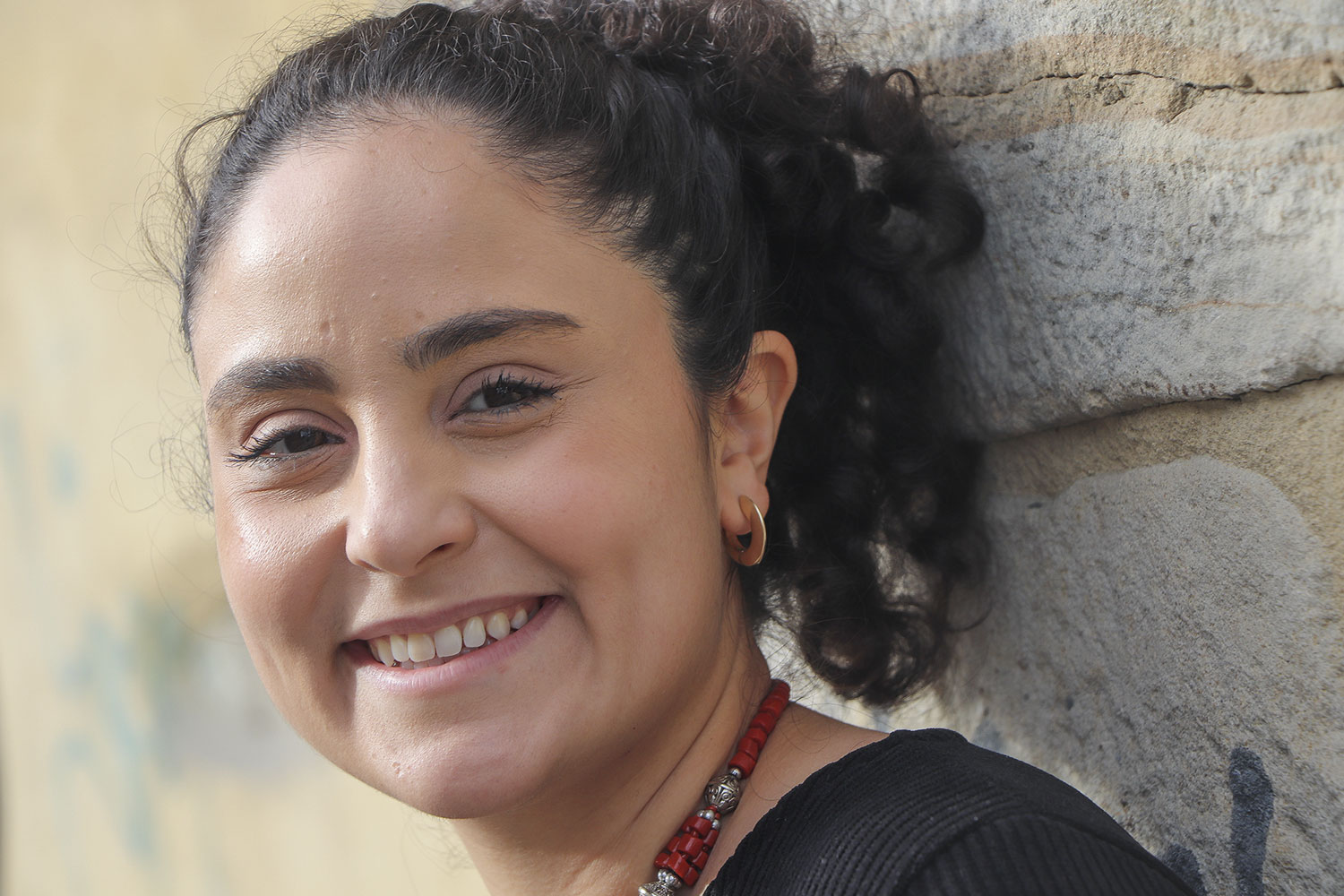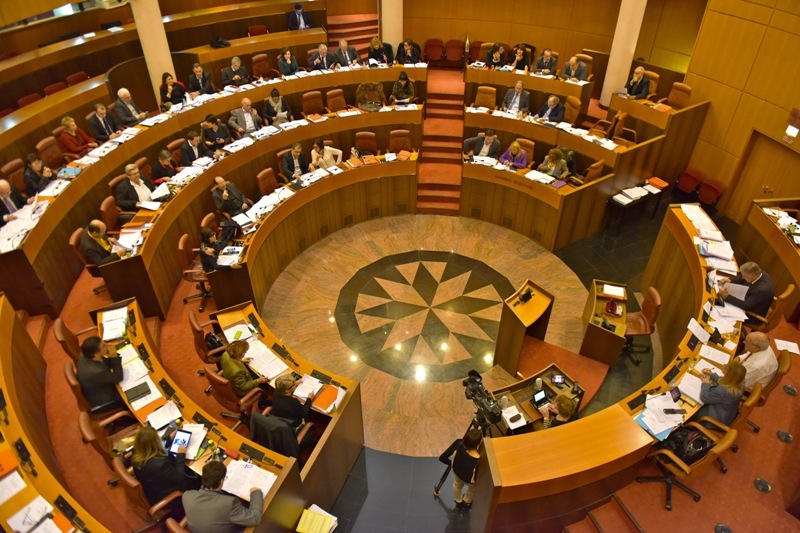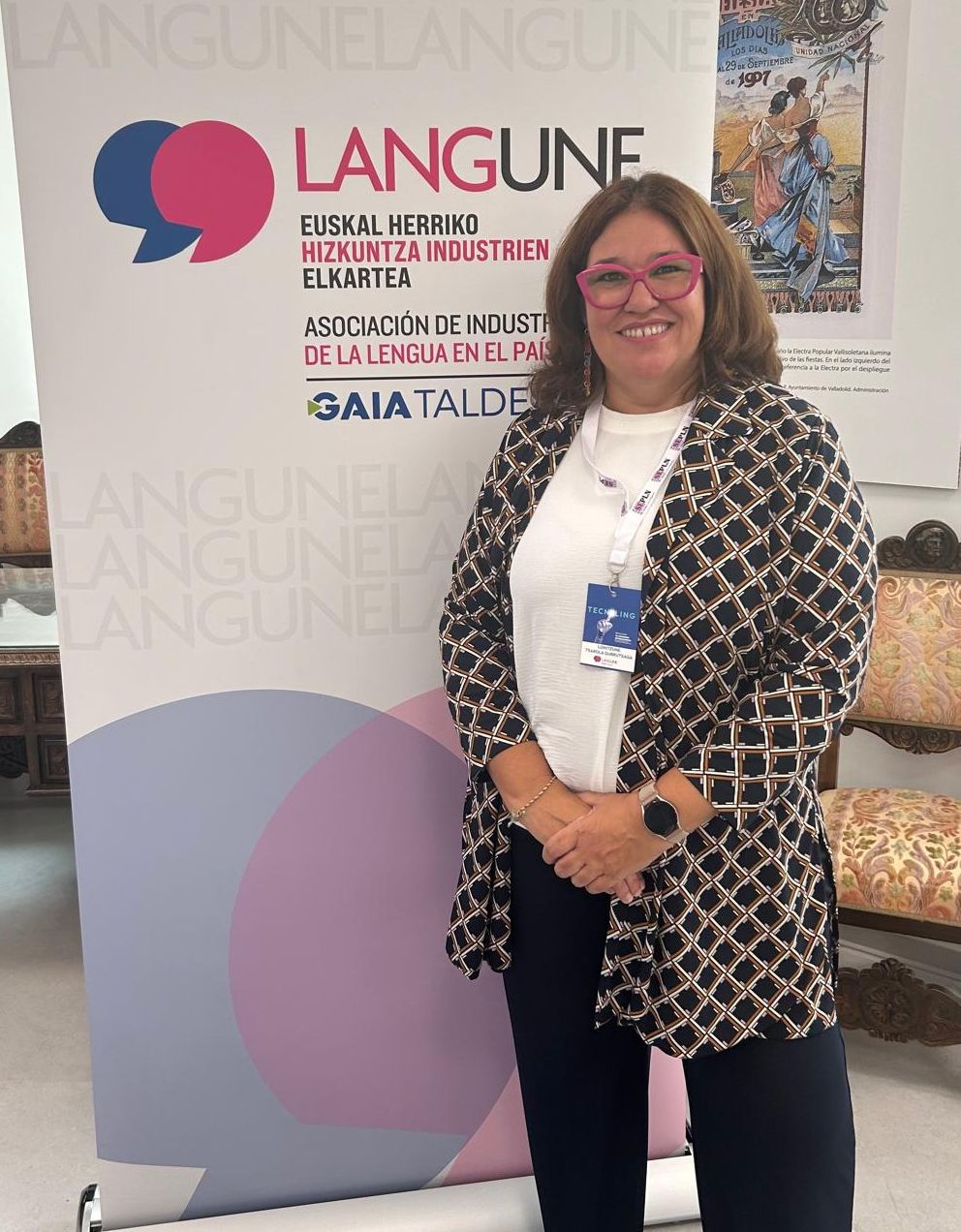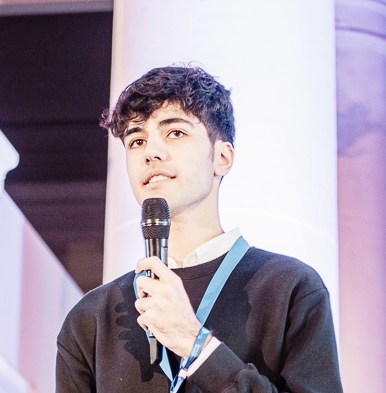"I've recovered the link I was missing from learning Breton"
- “The past moments in Euskal Herria have marked quickly. To leave a trace in his personality: the starting point of the Breton learning process places him once a Basque asks him in a question. He is the creator of the Korrika that has been touring Brittany for ten years. The initiative is named Redadeg, i.e. Korrika in Breton. It speaks of itself, of language and of the struggle for language.”
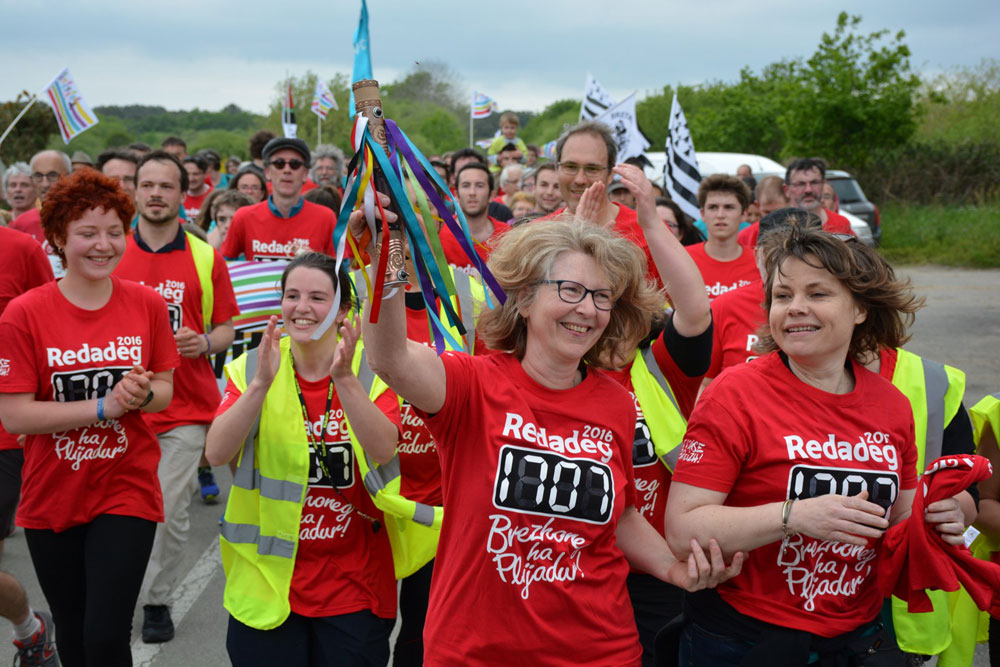
How did the desire for such reappropriation manifest itself?
Passing through the Basque Country! The link between Breton's and Breton's identity has been done to me by you. I was always claiming my status as a Breton and, without further ado, a Basque asked me the following question: “Do you speak Breton?” I didn't answer, it rocked me, it rocked me with many other questions, and so I went back to the Breton. Without language, the relationship with the people did not seem natural to me. So I started studying Breton. I have a link to the Breton that I've felt from within and at the same time I'm a learned language, it's a paradox, but -- I've recovered the link that I was missing from learning Breton.
Would we not have Britain without a bribe?
We would lack something, our identity would become impoverished. We have many citizens who define themselves as Bretons without knowing the Breton, but I think they are repeating a lie that has been made to themselves. Singing your language without understanding anything is amazing! I like it, it doesn't seem to be considered a Breton without knowing Breton, it has a point of schizophrenia. I know it's hard and painful to hear it; I've also been in that situation. One day we are asked about the circumstances, that is when the change occurs and that is where the long and heavy road of change and reappropriation begins. Not everyone does, that's right, I don't throw the first stone at them, but everybody can do it, we have a choice at the base.
In addition to a personal process, it is also collective.
It has its political part, of course. I demand the reappropriation of the language through manifestations and actions. The policy being pursued by France is neither acceptable nor sustainable. I've schooled children in Diwanas. Ours is like the struggle of David and Goliath.

What does this struggle bring you?
In the face of the world, it brings me coherence. The militancy for a language is like the struggle for ecology, and I'm interested in the diversity that exists in the world.
What does it bring to the world?
Wealth, diversity...
You are one of the founders of Brittany's Korrika.A
long time ago and often we walked around Euskal Herria with some friends, my husband and I. Once we participated in the Korrika, it was great! We wanted to do it in Britain, but we thought it was impossible, we discarded the idea. In 2008, we celebrated the 30 years of the classes of diwan.Por that, we carried out 30 projects, and then we had the idea of the Korrika, called Redadeg. It was not easy, many did not know it, some did know it but did not see it feasible… but we started and we did! The organization you've invented works, it's amazing Korrika!
You give a lot of importance to pleasure.
It was like being counterbalanced to the height of contempt. On the other hand, the defense of our language is not only that: poetry, creation, conversations between friends, all of that is also Breton.
This year’s theme are the colors of the Breton n.En too many
times we hear “we don’t speak the Breton, let’s talk in French”. They delved into the need for a Frenchman to understand us, especially in schools. Speaking in Breton with older people, they answer the question “Where are you from?”, “It’s not the same Breton!” they join the replica and the French! That's why we're warning that all these different Bretons bring a wealth. Today we also feel the influence of French, we usually speak in one tone. I think we will not be able to stop it, but at least we have to put the tonic accent on the Breton. We have broadened this message, but there is still something to do.
What exactly is the Breton situation?
We have to be 5% or 8%, lost in the middle of a large French ocean. The situation is very complicated. But we are increasingly proud to speak Breton; that gives us hope. It is also positive to see that the number of adults learning Breton is increasing. It is a good thing that children are installed in the diwanes, but many of them are in charge of saving the breton. There is a problem, in breton at school, and it's not consistent to go home and have francs s.Actualmente there are 4,300 children in diwanas, 0.5% of children. They're more in bilingual schools, but when it comes to getting out of them, not all of them are bilingual, but many of them are dedicated to the Breton.
It is a difficult but hopeful situation.
We do not lose hope, we will continue to bet on the Breton. But there's no secret: to speak, to speak and to speak, that's the key to saving our language.
“Paris eskualdean handituriko ume bretoia naiz. Beste anitzen gisara, gurasoek haien herria utzi behar ukan zuten, haien bizia irabazteko. Nahiko erregularki nindoan aitatxi-amatxiren etxera, bretoiera entzuten nuen han. Ez zidaten transmititu, ez zelako hizkuntza baloratua, funtsean, euskararekin gertatu zen bezala. Bretoierarekin dudan harremana birjabetze bat izan da, beranduago ikasi dut”.
570.000 familiak euren haurren ikasgeletako hizkuntza nagusia zein izango den bozkatzeko aukera dute martxoaren 4ra arte: gaztelera edo katalana. Garikoitz Knörr filologoaren eta euskara irakaslearen arabera, kontsultak "ezbaian" jartzen du katalanaren zilegitasuna... [+]
Iragan urtarrilaren hondarrean, Bretainiako lurraldeko bi hizkuntza gutxituei buruzko azken inkesta soziolinguistikoaren emaitzak publiko egin zituzten bertako arduradunek. Haiek berek aitortu zuten harriturik gertatu zirela emaitzak ikustean. Hain zuzen ere, egoerak eta... [+]
Oinarrizko maia komunitateko U Yich Lu’um [Lurraren fruitu] organizazioko kide da, eta hizkuntza biziberritzea helburu duen Yúnyum erakundekoa. Bestalde, antropologoa da, hezkuntza prozesuen bideratzaile, eta emakumearen eskubideen aldeko aktibista eta militante... [+]
Korsikako legebiltzarkideek ezin dute Korsikako Asanblean korsikeraz hitz egin, Bastiako Auzitegiaren 2023ko epai baten arabera. Ebazpen horri helegitea jarri zion Asanbleak, baina debekua berretsi du orain auzitegi berak. Epaiak tokiko beste hizkuntzei eragiten diela ohartarazi... [+]









